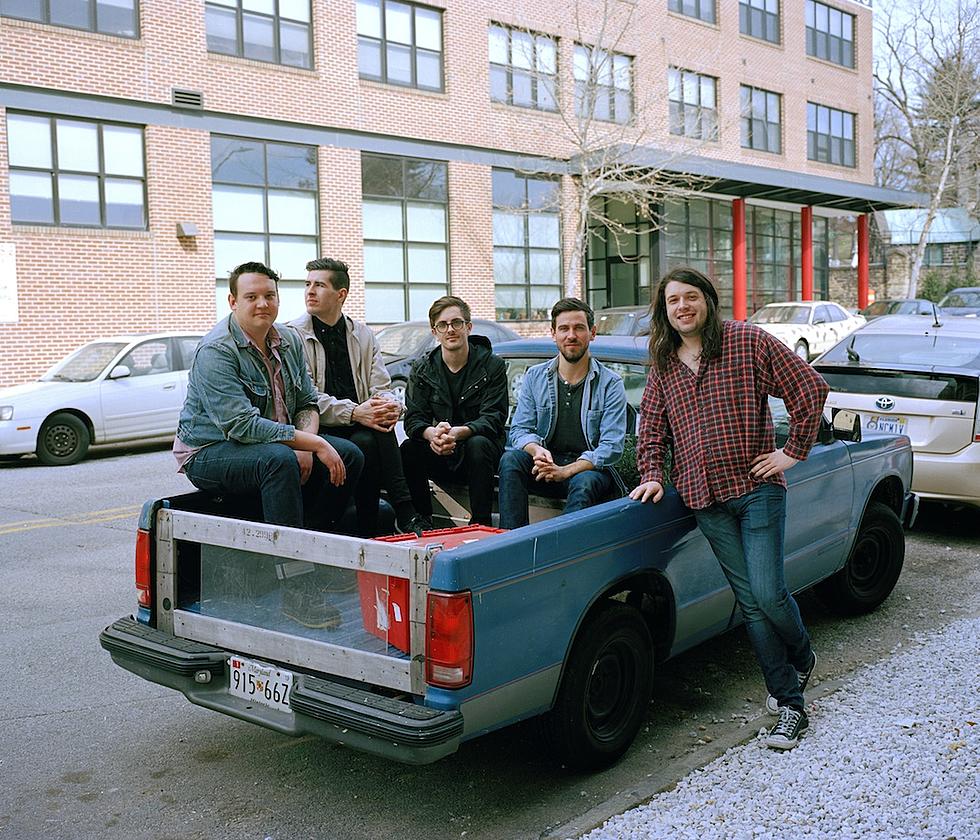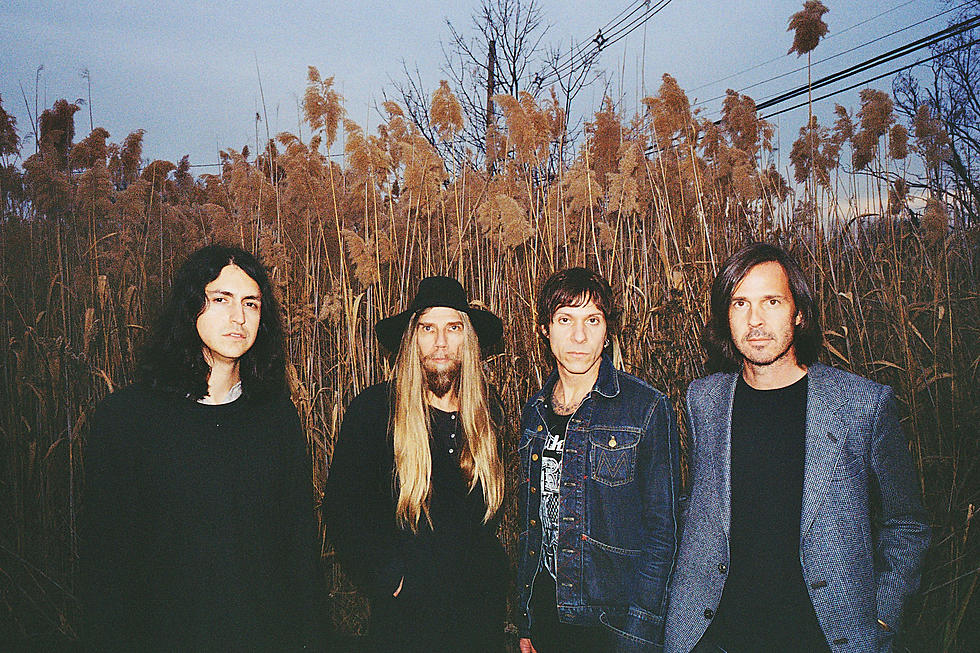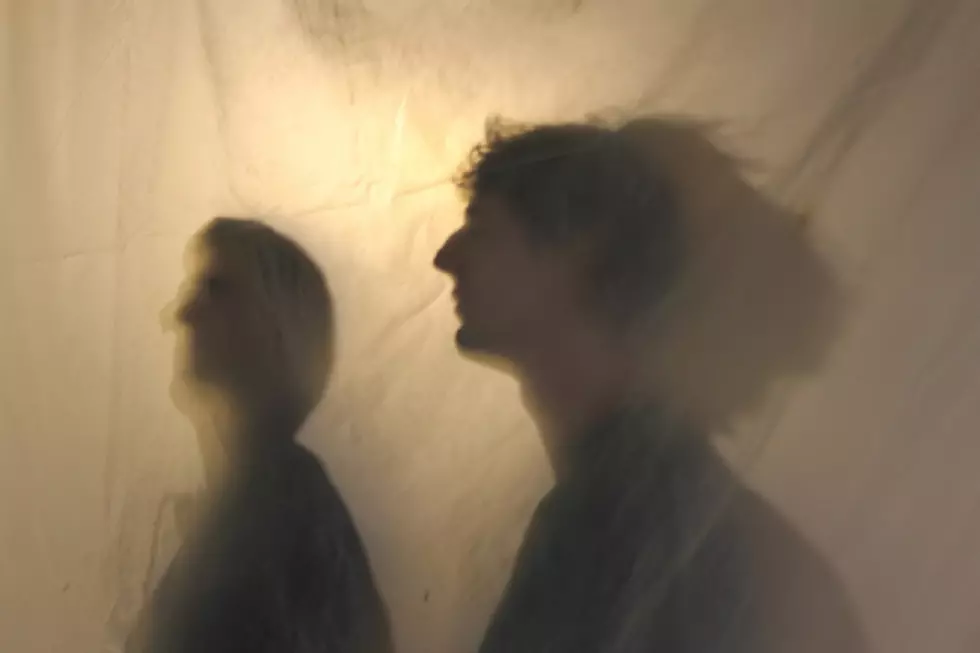
Futurist Thinking With Elon Katz and Moogfest Creative Director Emmy Parker
After North Carolina legislature passed House Bill 2 in March of 2016, a bill that allows for discriminatory practices to go unchecked, Moogfest condemned the government’s actions, urging fest-goers and compatriots to “Join [them] in opposing regressive, unjust discrimination of all kinds.” Fast forward to February 6, 2017, and Moog has once again solidified its stance against backwards, harmful thinking and legislation, detailing the rising threat from lawmakers in Texas and Kansas who have taken steps to enact similar legislation to HB2. Moog explains: “We are not afraid. We are not hateful. We are alive in our mission to bring the dream of a more equal society to all humans. We seek out facts, respect evidence-based science and welcome a wide-open worldview. We believe this base of knowledge powers creativity, imagination and innovation.”
We had the chance to talk with Emmy Parker, Creative Director of Moogfest, who has worked closely with artists and leading futurist thinkers to craft an unparalleled inclusive, forward-thinking experience.
In an appropriate analog, Elon Katz shares a new track detailing the asymptotic quest for efficiency at the cost of one’s humanity. He explains:
Here is a new Elon Katz track, entitled 'Freeway.' It uses the imagery of freeway interstates as metaphor for the state of accelerationism in the last decade, where laissez-faire and technology became one. Like a car merging into 80 mph traffic, we find our individualism needing to assimilate into a greater, faster stream, often void of time and space for reflection. The voice (human) in the song gets sucked into cybernetic repetitions (the market) in the chorus, and towards the end, it builds and crashes (quite literally), losing its momentum eventually in favor of more conservative structures ... a final chorus.
Obviously, there’s a lot to unpack here, so let’s start with how it feels being someone with roots in North Carolina, and dealing with a government unable to repeal legislation that’s blatantly about discrimination.
First of all, I’m a black gay woman, so any form of discrimination is personally oppressive in a way, psychologically, for human beings that can’t be underestimated. When you’re dealing with a community that has raised and nurtured you, it’s like being betrayed by something larger than your friends or family. To feel like your government is in opposition to your existence is hard to describe. At the same time, I love North Carolina, as does everyone who works for Moog or Moogfest. This is our home. We’ve been able to build something that we feel is meaningful and beautiful, and that’s the North Carolina that we know. Our goal is to let the world know more about that North Carolina. Although there’s this inarguably discriminatory legislature, we’re figuring out how to move forward in a positive way. I look forward to the day when we’re celebrating a different outcome, which will come from all of us using our resources and platforms to promote inclusivity, and also to resist and protest.
That will segment really nicely into my next question, which is about the protest stage … what’s the protest stage?
[Laughs] Well, we always have a theme at Moogfest. The themes are a way for us to focus our daytime activities. There are so many workshops, conversations and master classes during this time. We’re interested in so much — we could probably create a 30-day program — but we all decide at the end of each festival what we will focus on for the following year. Protest, as a theme, rose to the forefront because it reflected our time, but being a theme of the festival didn’t seem like enough. We were trying to use the various elements provided by the festival to give urgency to these issues and concepts, so protest, as an idea, became the main stage. The festival opens that first day with programming around the theme of protest, and a lot of it will take place on that stage.
So, since you’re creative director, and involved with all the programming, what were some of the ideas going through your head as you were beginning and lining up everything? All of which hasn’t been announced yet, of course ...
It starts with technology, art and music, so the question becomes how do we use technology to resist and protest? That flows pretty easily through music. The thing that most people don’t know about the festival is in its ethos. The reason why we do it is because we want to bring people together in North Carolina, especially those individuals who are part of the global community of futurists. When you get people together who spend their lives being focused on innovation, generally ideas come out of that where they’re able to design radical instruments of change. That’s ultimately what our goal is at Moogfest. We want people to leave feeling inspired, but also proactive, understanding how to address whatever problem they’re trying to solve.
Interestingly enough, people will hit us up on social media or email us randomly and say, “You guys need to move your company out of North Carolina.” For us, that is not the correct response. [Laughs] We need to stay here. We’re a part of diversity in this state. We represent diversity of thought to a pretty high degree, and spend a lot of time trying to design creative tools for musicians so we can unlock portals in their brains that lead to sounds no one has ever heard before. If we were to pick up and leave, I’m not sure how that would help bring about a solution.
I kept hearing there was a bit of tension from Durham about the allocated resources that went to Moogfest vs. Art of Cool last year. Was that impacting you guys at all?
It ended up impacting us in a positive way. We work very closely with Art of Cool. It was actually really great. We share all the same ideals, and the people who run Art of Cool are amazing. The woman who heads it up has become a great collaborator of ours. That’s the thing about tension, or frustration — you have an opportunity to solve it, and in this case, both Art of Cool and Moogfest came out better for it. There was a joint ticket this year on sale for both festivals that was majorly discounted so people could bypass the complexity, save some money and attend both events. They happen only a few weeks apart from each other, and when you’re in Durham — a relatively small city — and you’ve got Moogfest and Art of Cool, you’re experiencing some of the best music programming in the country. [Laughs]
What are you personally looking forward to this year?
Oh my God. Like, honestly, so much. I’m trying to think about what has been announced. Moor Mother. She is a badass. As far as I’m concerned, any opportunity we have to put an artist like that on a platform, that’s most meaningful. She’s a force of nature. She’s exactly what we need right now. She’s a talented musician, synthesist, lyricist; her politics are on point; and she’s going to be doing all kinds of things at Moogfest. Obviously, she’ll be performing, but she will also be doing a series of workshops, the topic of which hasn’t been announced yet.
More From CLRVYNT









